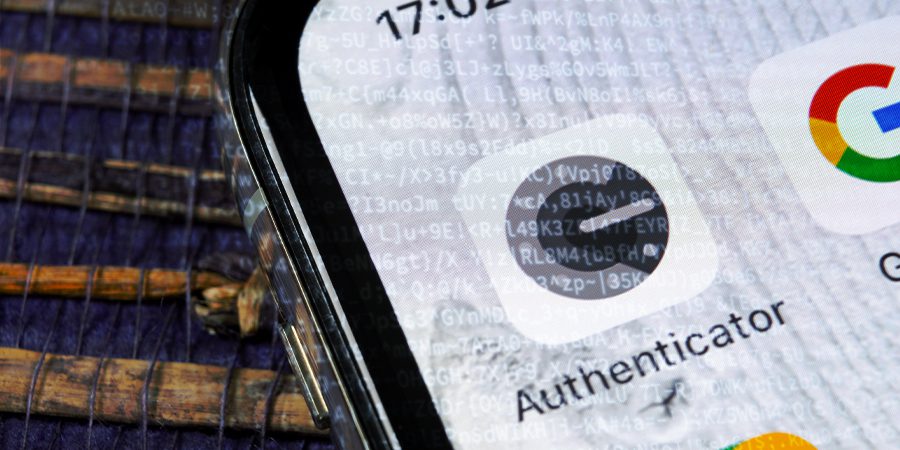In this article, we’ll look at the reasons behind Google’s decision to add end-to-end encryption to its Authenticator app and explore the implications for user security and privacy.
Key Takeaways:
- Google Authenticator will receive end-to-end encryption for cloud backups.
- Security researchers criticized the lack of encryption in the account-syncing update.
- End-to-end encryption ensures only the user can access sensitive data.
- Google aims to balance user convenience and security.
- Authy, a competitor, already offers end-to-end encrypted backups.
Google Responds to Security Concerns
Google Authenticator, a popular app for generating two-factor authentication (2FA) codes, recently introduced a long-awaited feature: syncing 2FA codes with users’ Google accounts.
While this update simplifies account access on new devices, it has raised security concerns.
Experts argue that the lack of end-to-end encryption exposes users to potential data breaches and unauthorized access to their Google accounts.
In response to these criticisms, Google product manager Christiaan Brand announced on Twitter that the company plans to add end-to-end encryption in the future.
He stated that the current product achieves the right balance for most users while offering significant advantages over offline use.
The Importance of End-to-End Encryption
End-to-end encryption ensures that only the intended recipient can access the data.
When applied to the Google Authenticator app, it means that 2FA codes are encrypted on users’ devices, rendering them unreadable by hackers or third parties, including Google itself. This added layer of security is crucial in protecting sensitive information.
Without end-to-end encryption, users are at risk of having their data compromised in the event of a breach or unauthorized access to their Google accounts.
For instance, if a hacker manages to break into a user’s account, they could potentially gain access to a multitude of other accounts tied to the same credentials.
How Competitor Authy Handles Encryption
Authy, another popular 2FA app, has already implemented end-to-end encryption for its cloud backups.
When users opt for Authy’s encrypted backup feature, they must enter a password known only to them, ensuring the data is encrypted before leaving their device.
Unlike Google Authenticator, Authy requires users to set an end-to-end encryption password before allowing data backups.
This approach provides enhanced security but comes with a caveat: users who lose or forget their password risk being locked out of their data and unable to restore it to a new device.
Balancing User Convenience and Security
Introducing end-to-end encryption to Google Authenticator is a delicate balancing act between user convenience and security.
While it’s crucial to protect users’ sensitive data, it’s equally important to offer a seamless and user-friendly experience.
In his response to security criticisms, Christiaan Brand acknowledged the challenges of incorporating end-to-end encryption in Google Authenticator.
He pointed out that implementing encryption could result in users being locked out of their own data without any recovery options.
As such, Google is taking a cautious approach to rolling out this feature, striving to provide users with a comprehensive set of options that cater to their individual needs.
In the meantime, Google Authenticator users have two choices: continue using the app without end-to-end encryption or opt for offline use.
Although the timeline for adding end-to-end encryption to the account-syncing feature remains uncertain, Google’s commitment to addressing users’ concerns is a positive step forward.
Conclusion
Google’s decision to add end-to-end encryption to its Authenticator app marks a significant improvement in user security and privacy.
By addressing security researchers’ concerns and ensuring that the app remains competitive with alternatives like Authy, Google demonstrates its dedication to continuous innovation and user protection.
As reliance on two-factor authentication increases, it is crucial for companies like Google to prioritize user security and privacy without sacrificing convenience.
 Sections of this topic
Sections of this topic
















